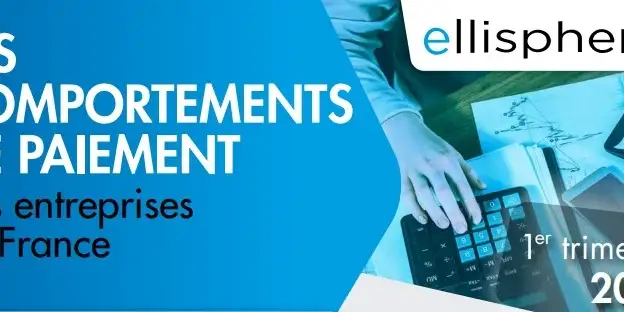The Russian-Ukrainian crisis: the impact on French companies
The war in Ukraine is generating a new economic crisis whose consequences are beginning to be felt by the economy and businesses in many countries, including France. Europe is gradually cutting off commercial and financial ties with Russia by freezing and seizing the assets of Russian oligarchs, by partially blocking the Swift international payment system, by sectoral embargoes... The economic weight of Russian and Ukrainian trade, although it concerns 1,200 French companies, remains low in terms of the overall national economy. However, this weight has a very strong impact on the price of raw materials, namely oil, gas, wheat, corn, coal, aluminum, copper, nickel, etc., often due to the sole fear of destabilizing world supplies.
| Extract from the March 17 webinar - BPI France
WAR IN UKRAINE: WHAT RISKS FOR ECONOMIC ACTIVITY? |
|
| France is globally not very dependent on the Russian and Ukrainian economies... | but nevertheless shows a strong dependence for certain products... |
(Source: DGDDI, Bpifrance calculations) |
|
Credit management with Russia in the face of sanctions and the payment circuit of receivables
In this new context, in this conflict zone, credit managers are responsible for preserving the financial health of their companies by dealing with a number of issues related to regulatory compliance, delivery, payment and debt collection requirements. The Russian-Ukrainian crisis has prompted some French companies to reorient their commercial growth and investment strategy in this conflict zone. In the short term, the objectives for French companies are to :
- Identify with whom they can have and continue to have business relationships without penalty. They must avoid doing business with a company that has a shareholder who is a blacklisted natural or legal person.
- Check if the product for export is not subject to an export ban.
- Analyze the third party base to anticipate and sectorize a number of companies with high risks of payment and delivery default.
- Question the consequences of delivery and payment difficulties in this zone with the ban on access to the SWIFT system for seven major Russian banks. IF a French company :
-
- Provides a Russian company, the question is how will it be paid or how will it recover its debt and through which banking channel? Although SWIFT is not a financial institution, it is a pillar of global finance as it allows one bank to transfer money to any other bank in the world, 11,000 banks in 200 countries.
- If you buy from a Russian company, and this supply does not arrive, blocked at the customs for example. This state of affairs can jeopardize the survival of the company with the suspension of links, particularly by the major transport companies. Indeed, in this area, exports of agricultural products and metals are strongly affected by the blockage of ports that provide 70% of their transit by sea.
- Better understand the supply chain to control distribution and customer delivery:
- Evaluate its dependence on foreign suppliers for its manufacturing and assembly chain,
- Determine supply tensions on critical components,
- Check whether the third party suppliers are not themselves dependent on customers in Ukraine or Russia,
- Make an analysis of materials and raw materials (gas, oil, wheat...). For example, Ukraine and Russia alone produce 29% of the wheat in the international circuit.
KYC and risk management at the heart of credit managers' concerns
In this uncertain situation of armed and economic conflict, the risks of fraud or corruption that inevitably intersect must not be overlooked. Thus, it is important for companies to use data repositories with high added value, and in particular those with reliable and complete information on financial links and beneficial owners in companies. A good knowledge of third parties in BtoB is more than ever at the heart of the development of healthy and sustainable business relationships, especially in the management of intercompany credit.


